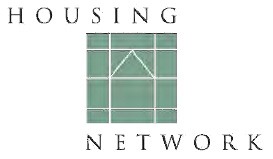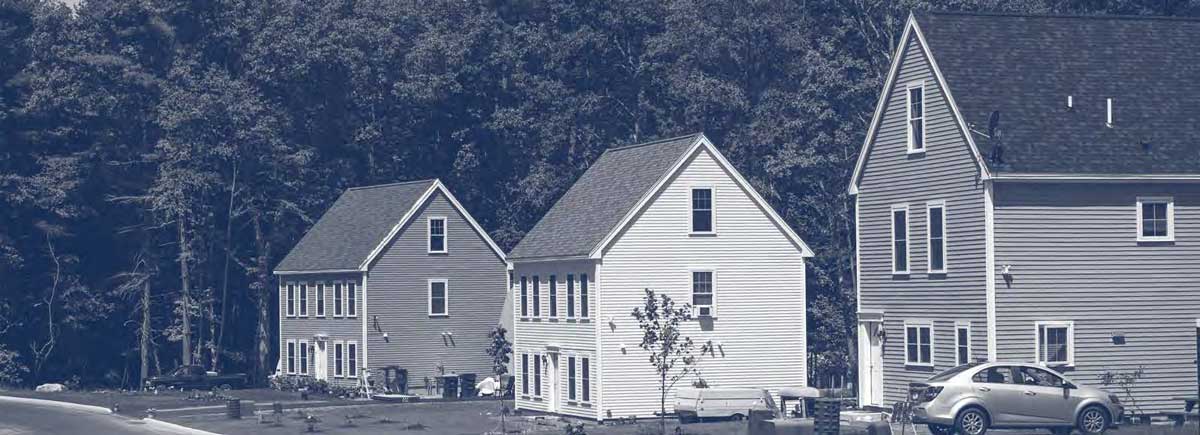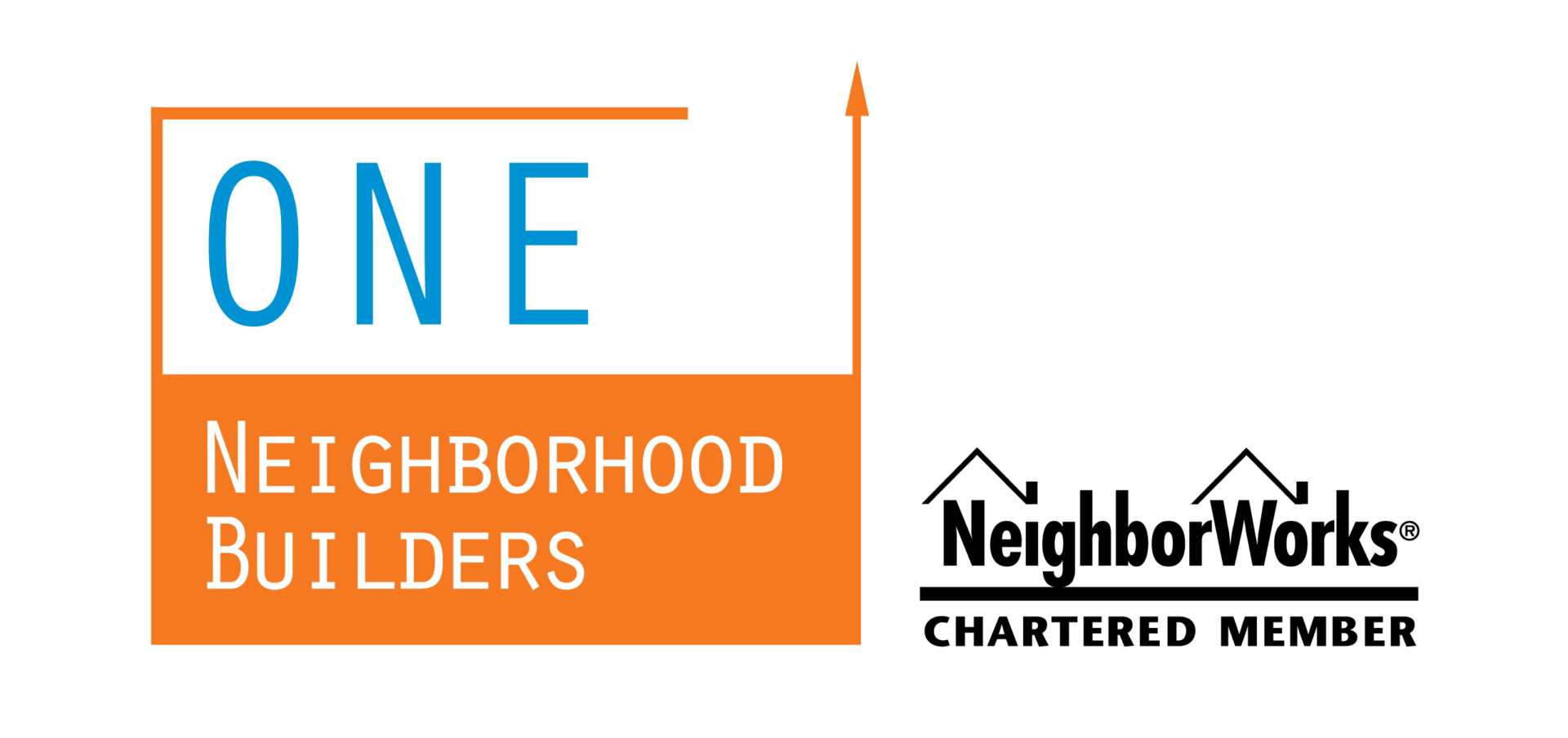
Recommendations prepared by:




In addition to survey respondents, the following organizations contributed to these recommendations:
- Childhood Lead Action Project
- Direct Action for Rights & Equality
- Economic Progress Institute
- RI Center for Justice
- RI Coalition to End Homelessness
- Rhode Island KIDS COUNT
- United Way of Rhode Island.
The American Rescue Plan Act provides an extraordinary opportunity for federal investment to respond to the coronavirus public health emergency and help redress its devastating economic effects.
The following recommendations from Rhode Island’s housing advocacy community are intended to address the State’s urgent housing needs. They are intended to augment and leverage existing funds and programs—and are not intended to replace any existing federal, state, or local housing finance programs.
These recommendations build upon the work of Homes RI, a coalition of organizations working together to increase and preserve the supply of safe, healthy, and affordable homes throughout Rhode Island.
In August, as Homes RI sought to refine its top priorities for ARPA funds, it circulated a survey to ascertain which items would have the most impact. More than 50 coalition members responded, reflecting a broad cross-section of organizations and interests, including developers, health care organizations, service providers, legal services, advocates, residents, and philanthropic organizations.
Using these survey results, Homes RI partners Crossroads Rhode Island, Housing Network of Rhode Island, HousingWorks RI, and ONE Neighborhood Builders further developed a targeted, defined set of recommendations.
These recommendations seek to advance the housing community’s goals to 1) Increase the supply of affordable homes through housing production, protection, and preservation; 2) Remove barriers to accessing housing and to promoting housing stability; and 3) Support municipalities and the State to provide safe and healthy homes.
We respectfully request that $500 million of Rhode Island’s ARPA funds be allocated to affordable housing.

HOUSING: $500 Million
1. Produce, Protect, and Preserve Affordable Homes Statewide
- ASK: $350 Million
- RESULTS by 2030:
- Produce at least 1,800 new deed-restricted homes for low-income
- Protect at least 200 units of naturally occurring affordable housing through property owners applying for deed restrictions.
- Preserve at least 500 existing deed-restricted homes, whose restrictions are set to expire.
- Decrease homeownership rate disparity between BIPOC and white communities.
***These goals are for ARPA-financed development and are above and beyond goals that use other sources of housing development capital.
- MECHANISMS:
- $275 million for production and preservation. New program rules would allow ARPA funding to be “first and only” financing in a development project.
- $70 million invested into a housing accelerator fund to be used to acquire property quickly for development as affordable housing.
- $5 million for down-payment assistance.
- POLICY:
- Create mechanism for a “one-stop” application process for affordable housing financing.
- Introduce legislation that requires all multi-family developments (5+ units) to be registered with their respective municipalities.
- Introduce legislation that requires nonprofit housing developers to have the right of first refusal to purchase multi-family dwellings (5+ units) and all state-owned property.

2. Housing Access & Stability Statewide
- ASK: $60 Million
- RESULTS by 2030:
- Achieve “functional zero” for homelessness in Rhode Island, whereby homelessness is rare, brief, and non-recurring.
- Decrease housing cost burden for the bottom two renter household quintiles.
- MECHANISMS:
- $45 million for rental assistance. Programs may include:
- Expand Landlord Partnership Programs to encourage landlords to participate in the Housing Choice Voucher program.
- Increase rental subsidy value of Housing Choice Vouchers to help voucher holders secure apartments in areas where rents are more expensive.
- Replenish the Neighborhood Opportunities Program (NOP) fund. NOP is an operating-loss escrow for landlords that lease to households with an income of less than 40% AMI.
- $5 million for services delivered via permanent supportive housing. Funding will be used to bridge Continuum of Care social service contracts and supplement Medicaid Housing Stabilization funding.
- $9 million for a permanent court-based eviction-diversion program that would assist tenants facing potential eviction for reasons beyond missed rent payments. This will remain a need beyond the current RentReliefRI program and will offer help for a broader list of reasons.
- $1 million for the rapid diversion from homelessness for those who are low-acuity and whose diversion intervention averages $1,500 per household.
- $45 million for rental assistance. Programs may include:
- POLICY:
- Work to implement a shift in state policy from managing a shelter-based system for the homeless to a housing-based system that seeks permanent solutions for households experiencing homelessness.

3. Support to Municipalities and State to Create and Preserve Safe and Healthy Homes
- ASK: $90 Million
- RESULTS by 2030:
- Update individual zoning and planning regulations in communities that would shorten the process to develop more housing.
- Develop and implement more robust local housing plans with specific goals for how much more housing would be created and/or preserved to meet the needs within individual communities.
- MECHANISMS:
- $25 million for expanded staff capacity at state and municipal agencies.
- $25 million to capitalize a forgivable loan fund to remedy code violations and repair properties so they meet Housing Quality Standards and/or Universal Design standards to allow for aging in place. This fund would require owners to meet compliance requirements in order for the loan to be forgiven (i.e., maximum rent that may be charged, a minimum of a 6-month lease, etc.).
- $40 million to support municipalities in their efforts to enact and enforce local ordinances related to building code violations and vacant dwellings.
- POLICY:
- Introduce legislation that requires a Certificate of Habitability for rental housing to be issued at regular intervals.
- Update the Rhode Island Low and Moderate Income Housing Act to require municipalities to engage in a robust planning process to reach affordable housing goals, even when those communities are exempt from certain percentages.

Glossary:
Affordable Housing Preservation: This term refers to the process of recapitalizing a long-term affordable home in order to safeguard its affordability for a period of years (usually through a long-term deed restriction), make improvements and repairs to the property, and stabilize it financially, according to the U.S. Department of Housing and Urban Development.
AMI: Area Median Income, as determined by the U.S. Department of Housing and Urban Development and adjusted for family size. In most Rhode Island cities and towns, 80% AMI for a family of four is $86,500 annually. Current guidelines available online.
Low and Moderate Income Households:
The U.S. Department of Housing and Urban Development defines Extremely Low Income as a household with an income of less than 30% of AMI. Very Low Income is a household with an income between 31% and 50% of AMI. Low Income is a household with an income between 51% and 80% AMI. Moderate Income is a household with an income between 81% and 120% AMI.
Deed-restricted affordable housing: This term refers to residential real estate that is under a requirement to remain affordable for rent or purchase by low- and moderate-income residents. The term also refers to any limitation on the future use or transfer of that real estate, whether stated in the form of a charge, encumbrance, financing instrument, easement, covenant, or condition in any deed, agreement, or other instrument executed by or on behalf of the owner of the real estate.
Housing Quality Standards: Set forth by the U.S. Department of Housing and Urban Development for housing units that receive funding through the Housing Choice Voucher program. These standards establish the minimum criteria for the health and safety of residents. Housing advocacy groups in Rhode Island advocate for all housing to meet these minimum standards, not merely those receiving Housing Choice Vouchers.
Naturally Occurring Affordable Housing (NOAH): This term refers to residential rental properties that are affordable, typically with below-market rent, but they are not subsidized by any federal or state program and are not under any deed restrictions to remain affordable in the long-term. Their rents are relatively low compared to the regional housing market. When such property is purchased by for-profit developers, there is risk that renovations and, ultimately, increased rent payments will force out the low-income families who were able to afford the below-market rents.

